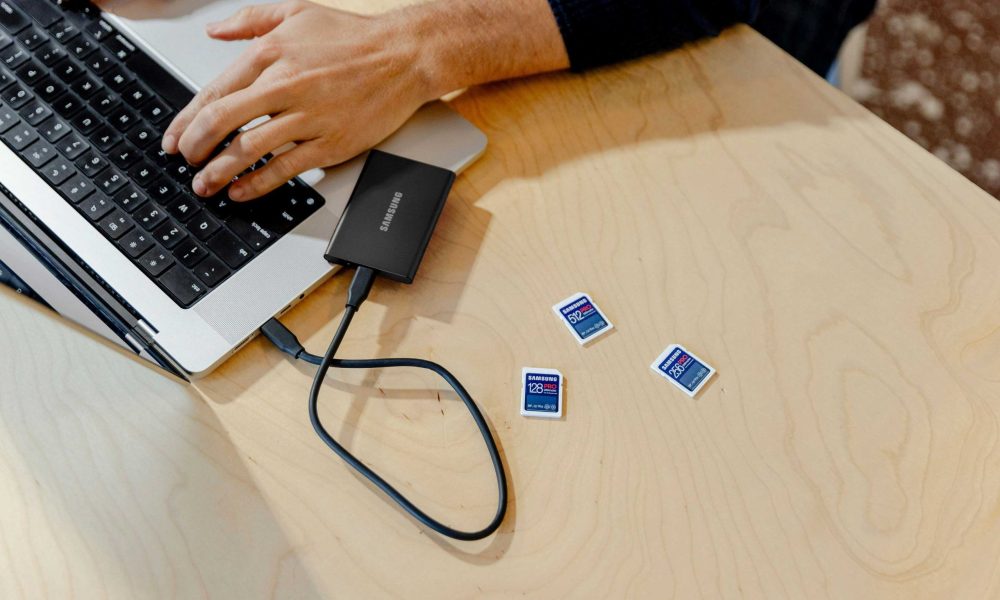The rollout of 5G technology is setting the stage for a new era of connectivity, with faster speeds, lower latency, and more reliable connections. This fifth generation of cellular networks is expected to unlock unprecedented opportunities across industries, from autonomous vehicles to the Internet of Things (IoT).
One of the most anticipated benefits of 5G is its ability to enable smart cities. With its faster data speeds, cities can implement real-time traffic monitoring, improve public safety through enhanced surveillance, and streamline waste management systems. Additionally, 5G can help reduce energy consumption in cities by optimizing lighting and other public utilities.
In the healthcare sector, 5G is opening doors for telemedicine and remote surgeries. Surgeons in one part of the world can now use robotic systems to operate on patients thousands of miles away, making life-saving medical care accessible to people in remote areas. Similarly, wearable health devices powered by 5G allow for continuous monitoring of patients’ vital signs, offering early warnings and proactive healthcare.
For individual users, 5G means faster download speeds and seamless streaming, enabling richer online experiences and more immersive gaming. However, the shift to 5G has raised questions about privacy, data security, and the environmental impact of the necessary infrastructure. As we move forward, the impact of 5G will likely continue to be felt across sectors, ushering in a future of even more connected, data-driven experiences.







